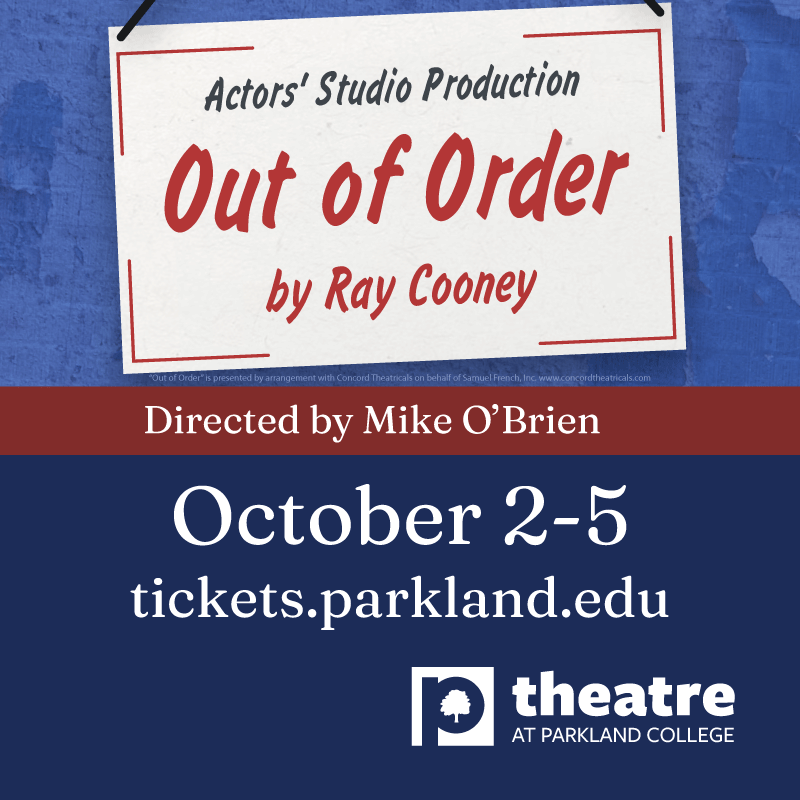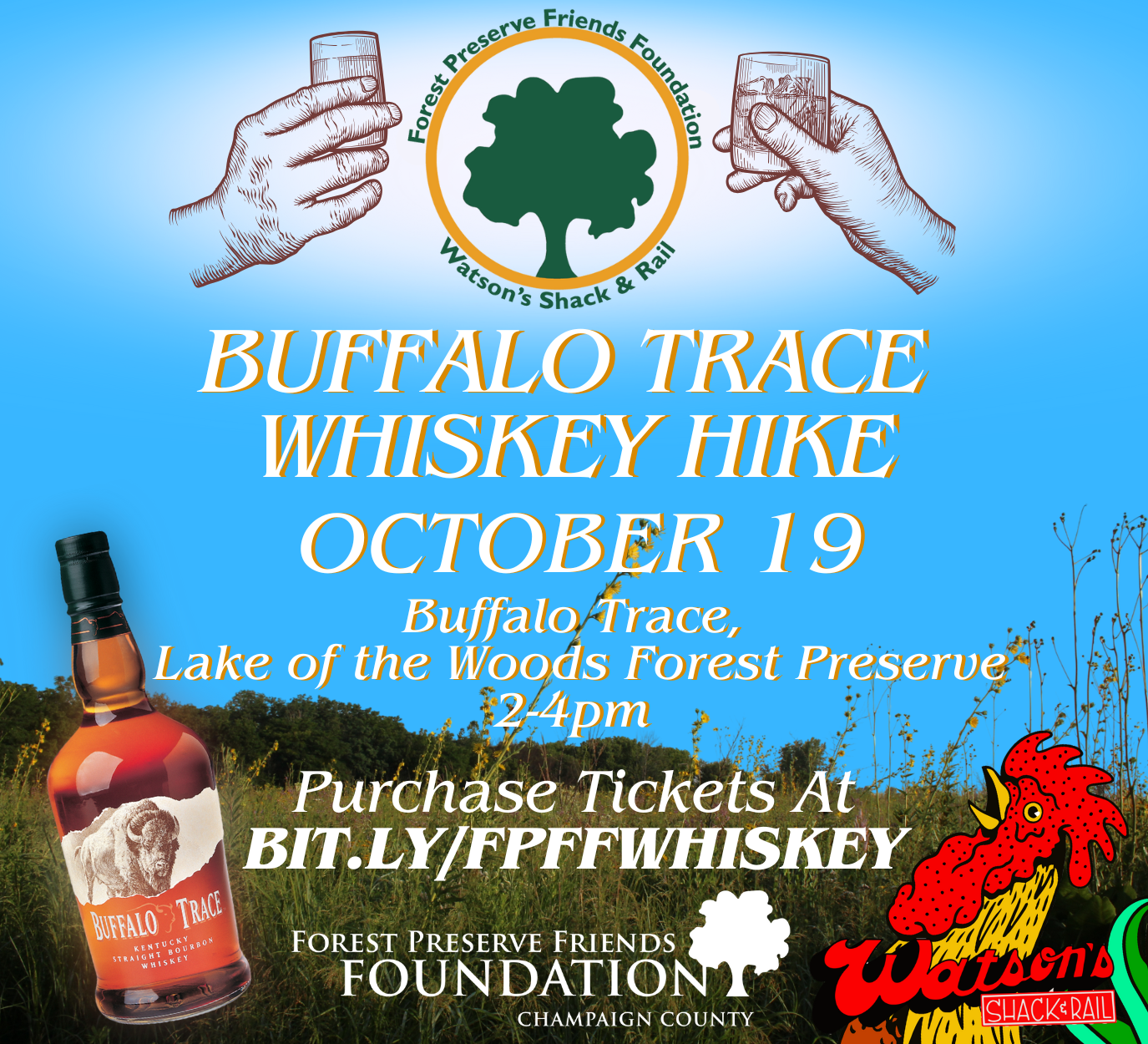Breast cancer survivors on a dragon boat in the middle of Central Illinois may seem absurd. But for 30 women in Champaign County, being part of the Prairie Dragon Paddlers is part of “living legendary.”
“We don’t only want to be survivors, but we want to live,” Mahomet resident Sara DeYoung said.
Prairie Dragon Paddlers Founder Kelly Bradham, who researched the benefits of dragon boating for breast cancer survivors for several years before initiating the formation of the group, found that while paddling the boat works the core muscles, it is very beneficial for breast cancer patients because the rowing movement helps work the shoulders, arms, and lymphatic system.
Although Bradham was over the age of 40, she found the Young Survivor Coalition for women diagnosed with breast cancer under the age of 40 at their social on a Tuesday night at Jupiters in June 2015.
“She said, ‘Hey guys, I want to get a dragon boat and you guys can all be in it and paddle,” DeYoung said.
“Everyone was like, “Yeah! We’re going to get a dragon boat!”
But there was one problem: funding a dragon boat.
Luckily, Bradham had made connections with other dragon boat paddlers by visiting the Victoria Dragon Boat Competition in Vancouver and by attending clinics. She formed a friendship with women on the Indianapolis SurviveOars.
One woman told Bradham if you “get a boat, people will come.”
So, Bradham teamed up with another woman in October of 2015 to purchase the Prairie Dragon Paddlers first dragon boat, a 40.68-foot long boat, from the Indianapolis SurviveOars to form Illinois’ first and only dragon boat team with all breast cancer survivors.
“The Indianapolis SurviveOars have been extremely supportive in the true nature of sisterhood,” Bradham said.
Currently, there are 150 teams of breast cancer survivors who participate on a dragon boat team worldwide. There are 40 teams in the United States.
Throughout April to September, the women meet twice a week to practice at Homer Lake, then travel to regional competitions to compete against other breast cancer survivors, such as the Kentucky Thorough-breast and the Florida SOS (Save Our Sisters).
Participating in their first race in 2016, the Prairie Dragon Paddlers defeated the Indianapolis SurviveOars in the Chicago International Dragon Boat Festival in Arlington Heights.
“They were very, very surprised,” DeYoung said. “We think it was just our adrenaline dump.”
With 20 paddlers, a coach and someone to steer the boat, the Prairie Dragon Paddlers compete in 250-meter and 500-meter races. DeYoung said the 250-meter races usually are finished in under 1-minute and 30 seconds while the 500-meter races generally finish in 2 minutes and 45 seconds.
But with a group that includes breast cancer survivors, those who have just been diagnosed or are going through treatment, women who have never been on a team and those who join the group for the sport, DeYoung also said the Prairie Dragon Paddlers are not an elite group.
“This is for everybody,” she said. “Anybody who has had breast cancer. You could be 20 years out or diagnosed yesterday. We will include everybody.”
Newcomers get an extra boost when they first arrive at practice. The group rallies around each survivor, welcoming them to practice. And after the survivor gets off the boat for the first time they are gifted with a certificate that states, “Today I lived legendary.”
“Today I was a dragon boater,” DeYoung said. “Today I lived beyond what I ever imagined.”
Middletown kindergarten teacher Laurie Padjen, who took a leave from teaching during the 2016-2017 school year to fight breast cancer, joined the group earlier this summer.
While Padjen has completed the rigorous part of her treatment, there is still more work to do.
She said because everything is “new” to her, she feels like the Prairie Dragon Paddlers is a great place to learn about what her body is going through while also connecting with women.
“ I have a lot of wonderful friends, but I don’t have anyone who has walked my walk,” she said. “(These women) understand where you’re at and what you’re going through. There is a lot of stuff that keeps popping up that you don’t know is this part of treatment or not. I like to be able to ask questions. And they share the same outlook of ‘I’m glad I’m alive.’”
When Mahomet residents Miriam Garrett and Theresa Feller went through their breast cancer treatments in the early 2000’s, they did not have the same support group experience.
Feller, who was 44 at the time, said the support group she was in was with much older women.
“I felt isolated,” she said. “Here there is the common thread of our breast cancer, but everyone still has their lives.”
Both Feller and Garrett said it is nice to be able to give back to those going through breast cancer by being a sounding board and reference for them.
Garrett, who is 8 years out from completing breast cancer treatments, said, “It’s nice to be able to share and encourage those fresh out of treatment or those still going through it. It’s just nice to give them some hope and encouragement because some of us didn’t have that when we were in the thick of things.”
DeYoung likes to be part of the group because she said the group goes beyond the “I have cancer” mentality.
“The conversation is on a different emotional level,” she said. “When you talk to people who haven’t gone through cancer, the emotional level is kind of high. But when you’re talking in the cancer world, that stress and emotional baggage isn’t there. It’s just easier sometimes.”
The group often talks openly about any breast cancer issues, such as flare ups, pain, aches or visits to the oncologist. DeYoung said some cancer survivors have come to row at the beginning of radiation treatments but then had to sit out for a couple weeks. And that women, even those who are bald and have to wear a mask, have come to practice.
“We all get what they are going through because we’ve been there,” DeYoung said.
But when the gun goes off, all the Prairie Dragon Paddlers are right there together, rowing to the sound of their coaches drum at the front of the helm.
“Everyone’s a weekend paddler until the gun goes off and then we’re all competitive,” DeYoung said.
Feller, who has kayaked for many years said that being part of the team was a new challenge for her because the movement and weight of the oar is different than what she was used to.
“I had to relearn everything,” she said.
And while it takes a while to figure out how to be in unison with 20 other rowers, the Prairie Dragon Paddlers have no trouble staying in unison outside the boat.
The group has taken the place of the dissolved Young Survivor Coalition by meeting at Jupiters on the last Tuesday of the month for pizza and camaraderie.
“The YSC provided that need for so much of us,” DeYoung said. “We wanted to give back and fill that void in the community. We need to be involved with everybody.”



